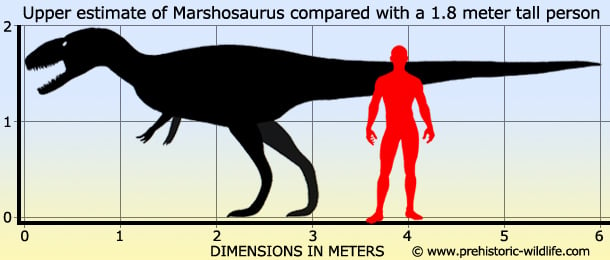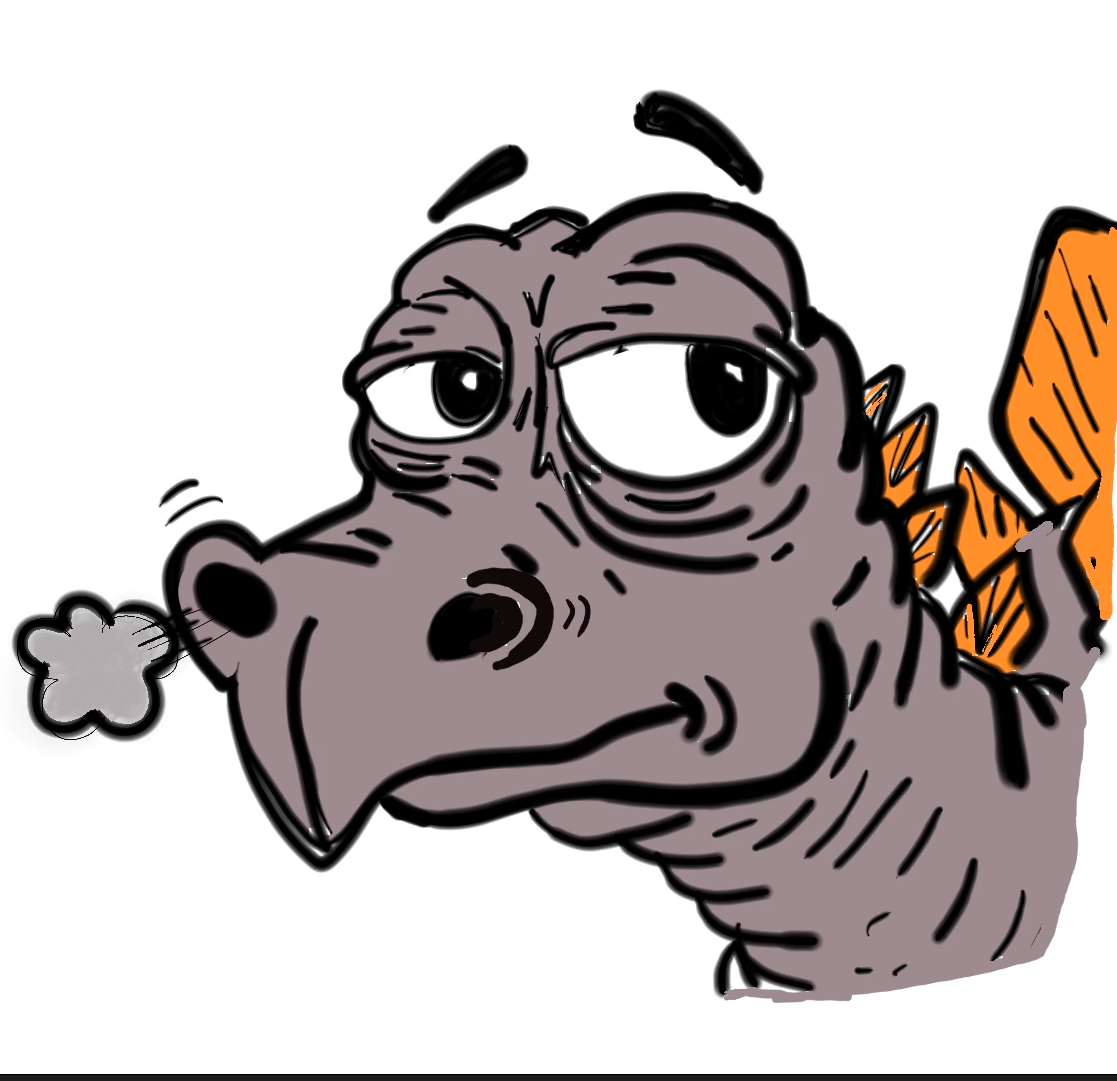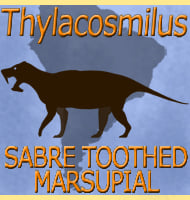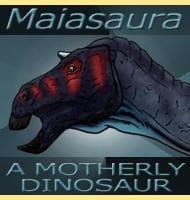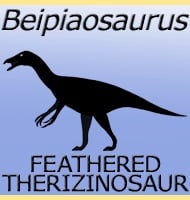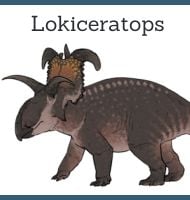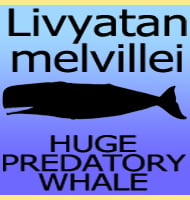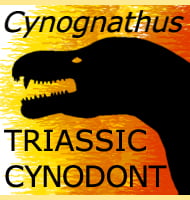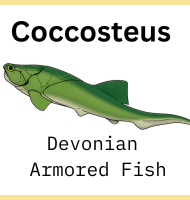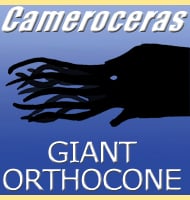In Depth
In terms of size Marshosaurus was a middle of the range theropod but one that seems built for strength. Aside from the fairly robust skull, the short but thick humerus of the arms indicates that Marshosaurus was adapted for holding onto and physically subduing its prey. A right ilium (hip bone) of Marshosaurus is also recorded as having a deformity that was probably occurred through injury.
Marshosaurus was named in honour of the Palaeontologist Othniel Charles Marsh who in the nineteenth century was one of the most prolific describers of prehistoric animals including some of the most famous ones today, all while embroiled in a fierce rivalry with another Palaeontologist named Edward Drinker Cope. Marsh would actually get another dinosaur named after him in 2007 called Othnielosaurus. The interesting thing here is that Othnielosaurus was a small herbivorous ornithopod dinosaur that was also active at roughly the same time and locations as Marshosaurus, and it’s not unreasonable to speculate that Marshosaurus may have on occasion hunted Othnielosaurus. The type species name of M. bicentesimus came about because the USA was celebrating two hundred years of existence in 1976.
Marshosaurus is but one of the many theropod dinosaurs that have been discovered at the Cleveland Lloyd Dinosaur Quarry, an area that is thought to have been a huge predator trap back in the late Jurassic. Other theropods here include Allosaurus (the most common theropod here), Ceratosaurus, Ornitholestes, Torvosaurus, and Stokesosaurus. In addition to these predators, other dinosaurs such as Stegosaurus, Brachiosaurus, Camarasaurus and Camptosaurus are also present in the Quarry. It is believed that these herbivores had become stuck as they tried to cross mud flats that were present here. Lured in by their distress calls and the smell of dead dinosaurs that had succumbed to exhaustion, the meat eating dinosaurs came in to feast upon the free bounty only to become trapped themselves.
Further Reading
– A second new theropod dinosaur from the Late Jurassic of east central Utah. – Utah Geology 3(1):51-60. – J. H. Madsen, Jr. – 1976. – New data on the theropod Marshosaurus from the Morrison Formation (Upper Jurassic: Kimmeridgian-Tithonian) of Dinosaur NM. – D. Chure, Brook Britt & James H. Madsen – 1993. – A new specimen of Marshosaurus bicentesimus (Theropoda) from the Morrison Formation (Late Jurassic) of Dinosaur National Monument. – Journal of Vertebrate Paleontology. 17 (supp 3): 38A. – D. Chure, Brook Britt & James H. Madsen – 1997.
